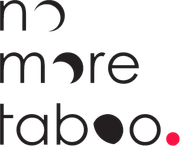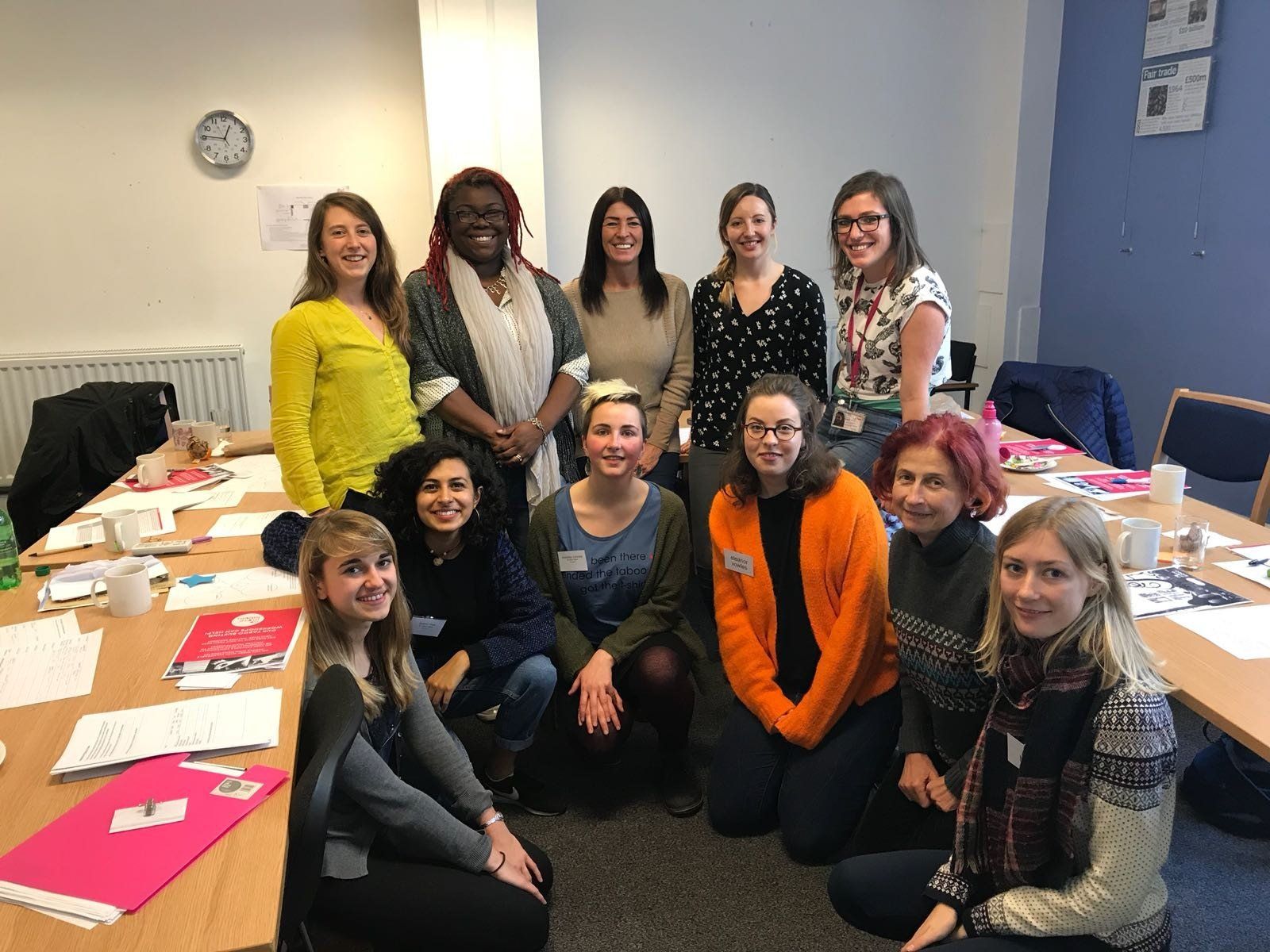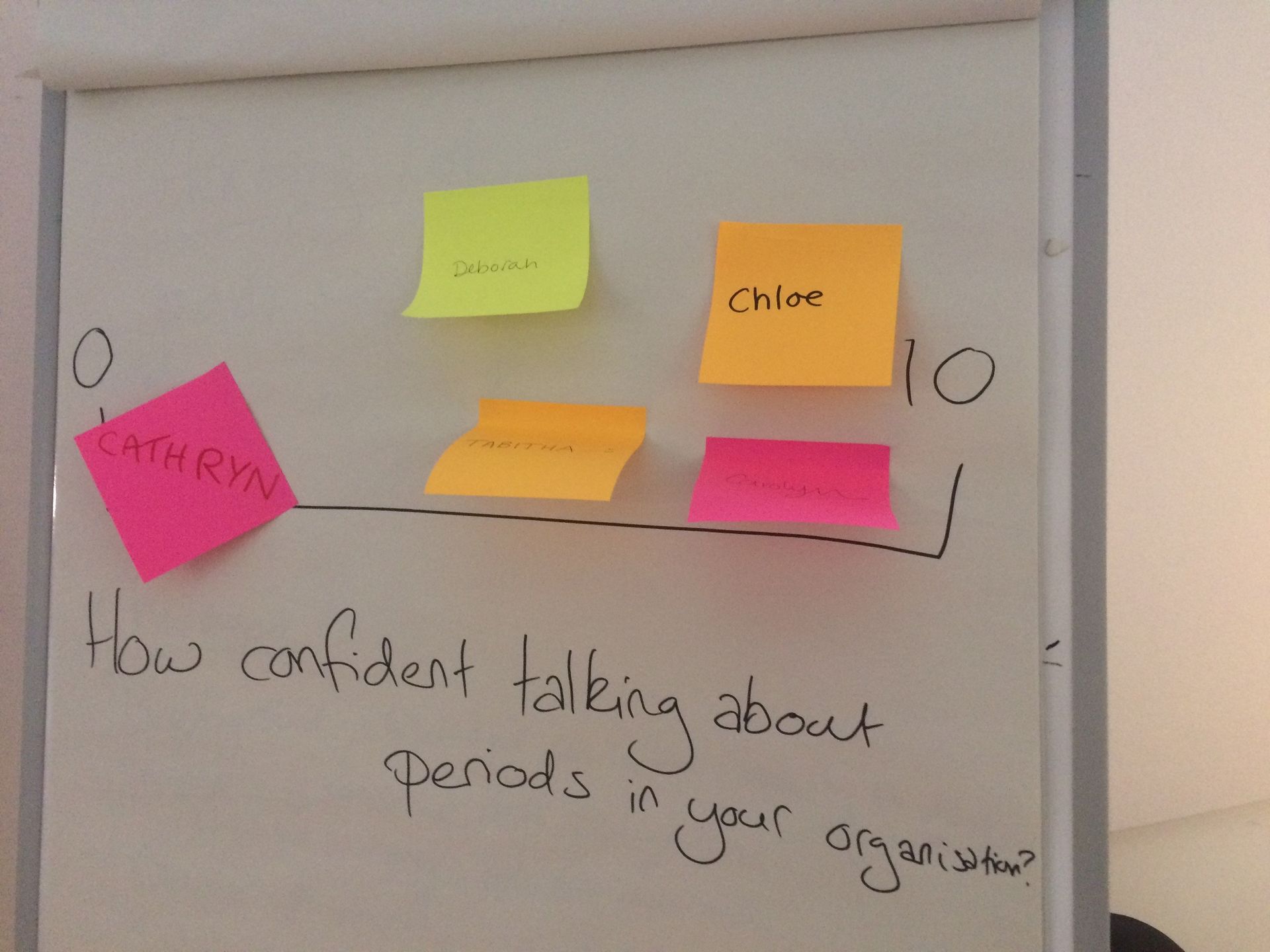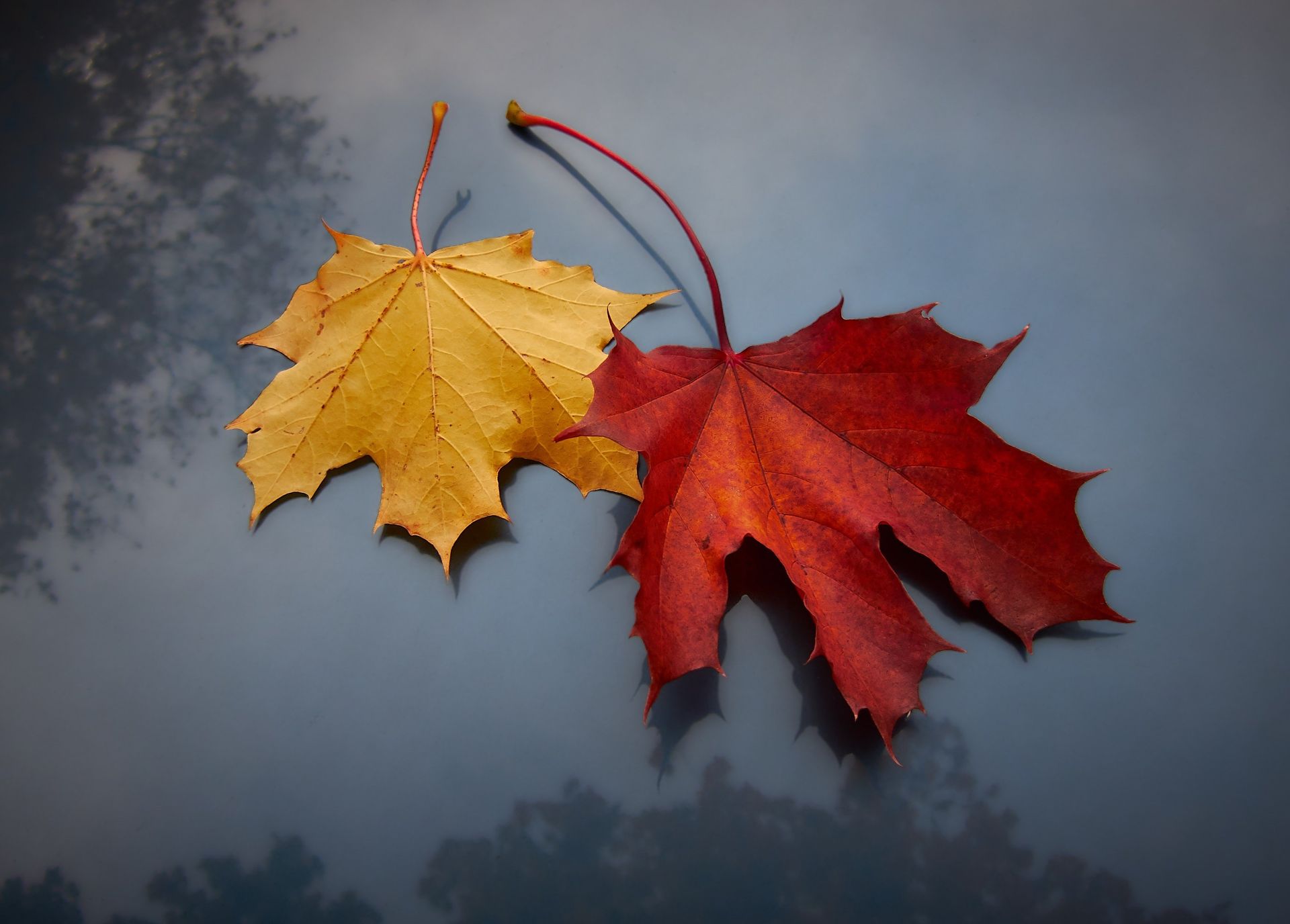Endometriosis - What Is It?
- By Catherine Blom-Smith
- •
- 08 Mar, 2018
- •
Understanding this difficult diagnosis and the effect it has on lives

3-11 March is Endometriosis Awareness Week. Getting a diagnosis of endometriosis in the UK takes 7.5 years on average due to a lack of understanding.
What is it?
Endometriosis is a condition where cells similar to the tissue lining the uterus (the endometrium) grow outside the uterus. The fallopian tubes, ovaries and the tissue lining the pelvis can all be affected, and the condition can sometimes spread beyond the pelvic organs. Endometriosis is a long-term condition that can have a significant impact on your life, but there are lots of treatments that can help manage pain. It can be identified from a number of symptoms – however, these can vary significantly from person to person so this is by no means an exhaustive list:
What are the symptoms?
* heavy periods
* pain in your lower pelvis or stomach that gets worse during your period
* nausea, constipation, diarrhoea or blood in your pee during your period
* pain during bowel movements
* excessive period pain that stops you doing normal activities
* pain during or after sex
* difficulty getting pregnant
What treatments are out there?
As mentioned earlier, it can be difficult to diagnose this condition because the symptoms can vary considerably, and many other conditions can cause similar symptoms.
There are lots of possible treatments for endometriosis, which include painkillers, hormonal medicines and contraceptives, and sometimes surgery. However, this is no pill that can effectively cure it. Surgery also carries an extra risk of complication.
Some people recommend more natural, holistic treatments. You could drink fertility teas, reduce your chemical intake, eat more vegetables and flaxseeds and omega-3 fatty acids, as recommended in this YourTea blog.
No More Taboo does not encourage any
one method over another – it’s all about finding the right solution for each individual.
Changing diet can also be a way to manage pain:
How can pain be managed?
One way of managing pain more naturally is to readjust your lifestyle. Research has shown a link between endometriosis and diets that are high in red meat – the researchers behind these findings suggest that high amounts of fat in foods like beef encourage your body to produce prostaglandins, which may lead to more estrogen production. Extra estrogen could be what causes excess endometrial tissue to grow, although this is unconfirmed.
Exercise can also help reduce and manage excessive pain – exercise can limit the product of estrogen and make periods lighter, which can improve some symptoms of endometriosis over time. Some studies even show that spending time doing high-intensity exercises like running can reduce your risk of developing endometriosis.
Of course, endometriosis is a long-term condition that cannot necessarily be cured, so it’s important to find a way of managing your symptoms. Endometriosis UK has a pain and symptoms diary which you can use to write down your symptoms, both before seeing a doctor and to keep track of your body in general. Endometriosis UK also functions as a support group of people who are experiencing similar symptoms. Some women's health issues are not always taken seriously by some doctors, as detailed in Chloe's blog here, so it can take a while for a diagnosis. Sometimes it takes a little perseverance if you feel your symptoms are outside what is normal for you or interfering excessively with daily life.
What can be done to help those with the condition?
Endometriosis is a life-effecting condition and can be tricky to manage, even with the best resources. It is hard to imagine just how much more difficult it would be dealing with this condition if you had limited resources, were in a vulnerable position, or homeless. No More Taboo works with vulnerable people in Bristol and the South West to help open discussions around menstruation, provide access to resources and care and end period poverty. You can donate here to No More Taboo, and proceeds from our shop go towards our workshops and campaigns to end period poverty and educate everyone about periods.
Here's some more information on endometriosis from the Guardian.
Find more tips and women's stories about living with endometriosis here.
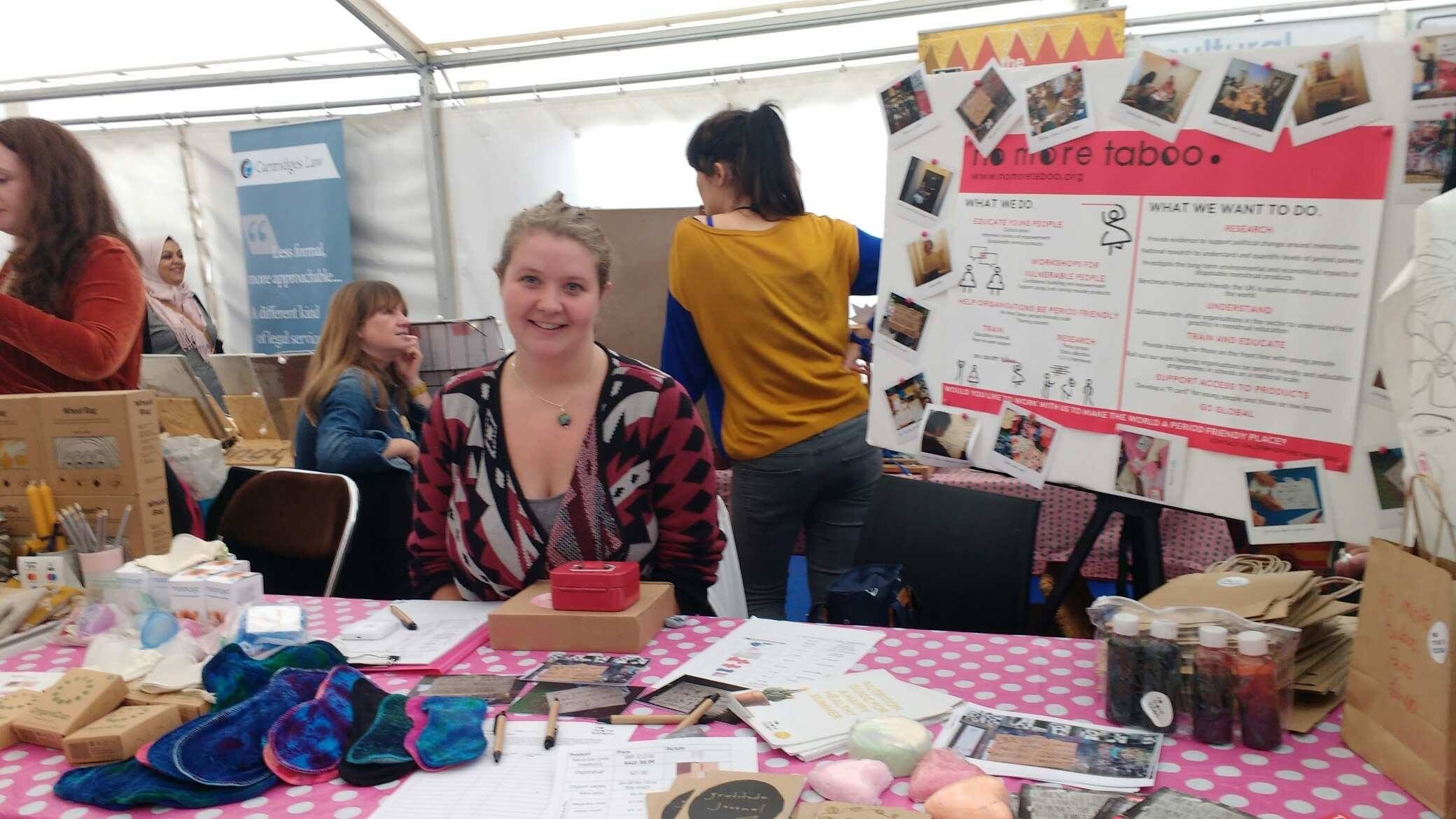
WOW Women of the World festivals have been popping up across the world, if you get the chance to go along to one we would strongly recommend it.
WOW – Women of the World festival celebrates women and girls, and looks at the obstacles that stop them from achieving their potential.
Around the world, individuals and communities are insisting on the simple proposition that women and girls must have equal rights and asking the question: why is gender equality taking so long?
Southbank Centre's WOW – Women of the World festival is a global network of festivals which provides a platform for celebrating what has been achieved, and exploring all the ways we can change the world for the better.
What’s not to love?
Our Founder, Chloe, and her Mum Angela went along to represent No More Taboo with a stall across the two days. Here’s her highlights:
“Although we didn’t get much time to take in all the discussions as we were kept busy wo-manning the stall (thanks Mum for helping out)! We had some great discussions around gender, equality, inclusivity and of course periods with new customers, supporters, other panellists and some old friends who came to see us.
In fact, we were really pleased to catch up with Plan International UK who were opening the festival with a discussion about Period Activism exactly one year on since the launch of our #BreaktheBarriers research and Period Poverty Conference that we ran in collaboration with Plan.
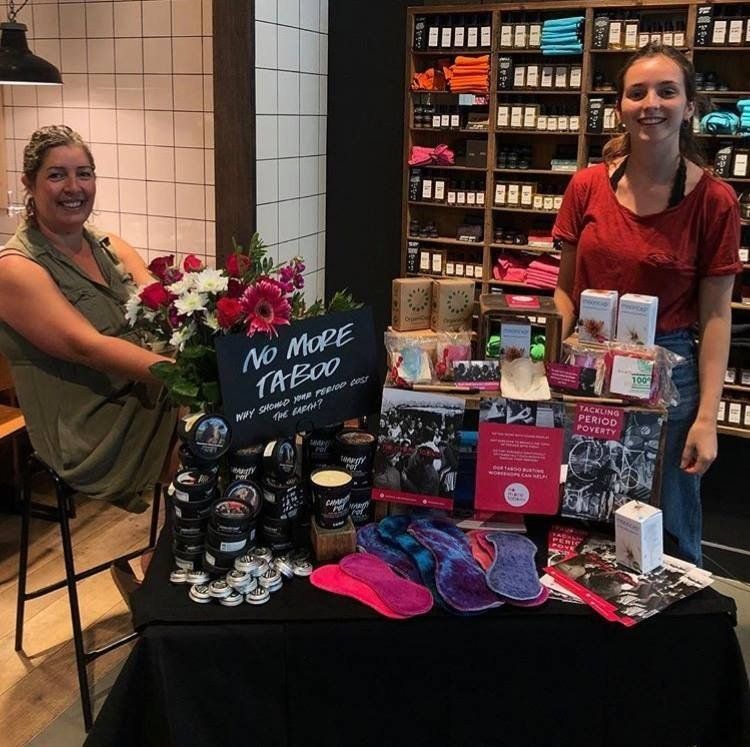
On the first weekend of September, No More Taboo set up shop at Lush Cribbs Causeway for their Charity Pot weekend.
The Lush Charity Pot is a wonderfully creamy shea-butter hand lotion where all the sales money (excluding VAT) goes towards a chosen charity or non-for-profit. This scheme is designed to help boost grass-roots, small and local organisations, like ourselves, financially so that we can continue to do the work we do such as our Tackling Period Poverty programme.
As we were Lush’s chosen organisation for the weekend of the 1-2 September, one of our volunteers, Iloni, and one of our advisors, Carolyn, went along to wo-man the (suitably Lush-styled aesthetic) stall that Lush had kindly provided for us. We took along a range of our products, stacks of leaflets and information as well as our enthusiasm for talking about all things to do with periods.
Over the weekend, we sold over £200’s worth of stock with Ruby Cups and Honour Your Flow re-usable pads proving most popular with Lush customers. On top of this, Lush sold so many of their Charity Pots that £340.60 was raised for No More Taboo – which was amazing!
However exciting the money side of things were with this event, what I personally took away as being the real highlight of the weekend was the number and nature of conversations we shared with customers.
Mothers and daughters came and chatted to us about how they agreed it was so important to use re-usable products for personal and financial reasons as well as for the planet’s sake. Boyfriends accompanied their other halves as they prodded and probed the range of menstrual cups on display. Older women commented on how it’s such a relief to be able to talk about menstruation in public and with people you’ve only just met. They regaled of a time when periods were even more hush-hush and celebrated with us out mission of there being No More Taboo.
We would like to thank Lush Cribbs Causeway for being such wonderful hosts, encouraging every customer that came through their doors to consider buying the Charity Pot or simply to chat with us. Each member of their staff team was incredibly warm and so keen to find out more about what we do. On behalf of all of us at No More Taboo, thank you.
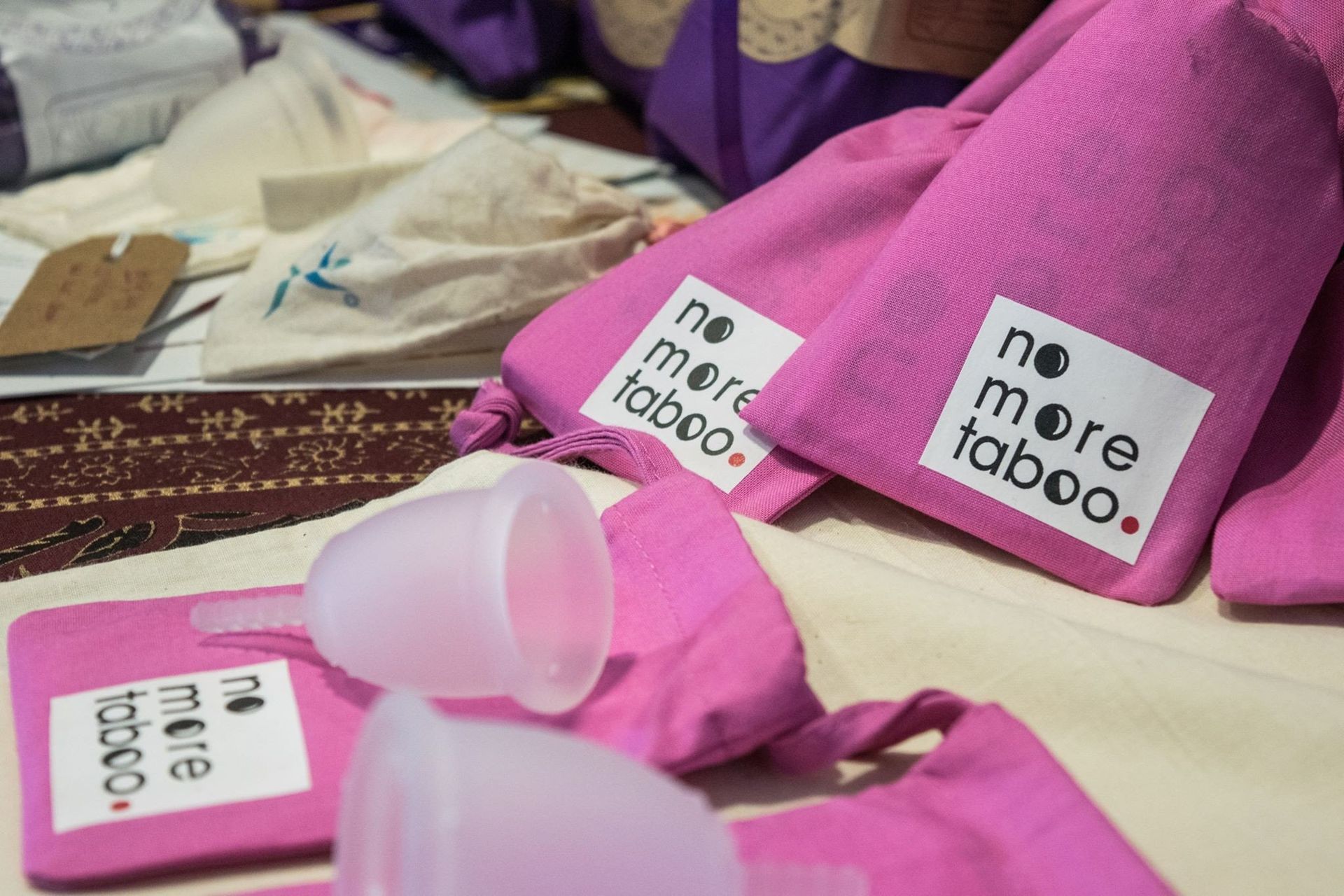
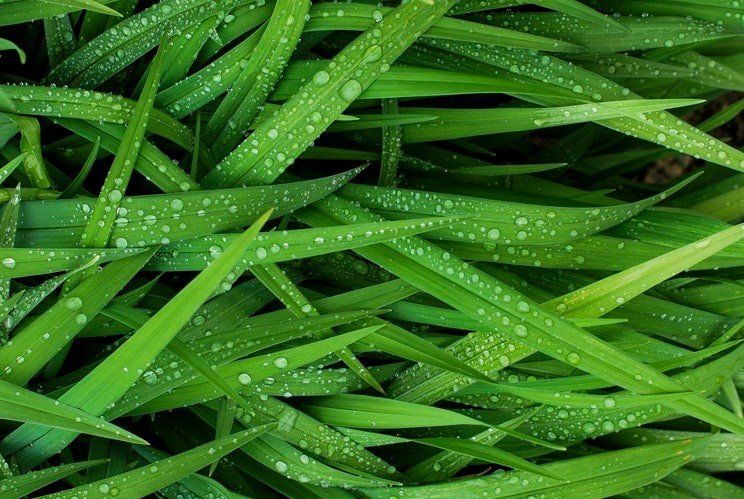
For more information, take a look at their website: https://www1.uwe.ac.uk/whatson/biggreenweek.aspx
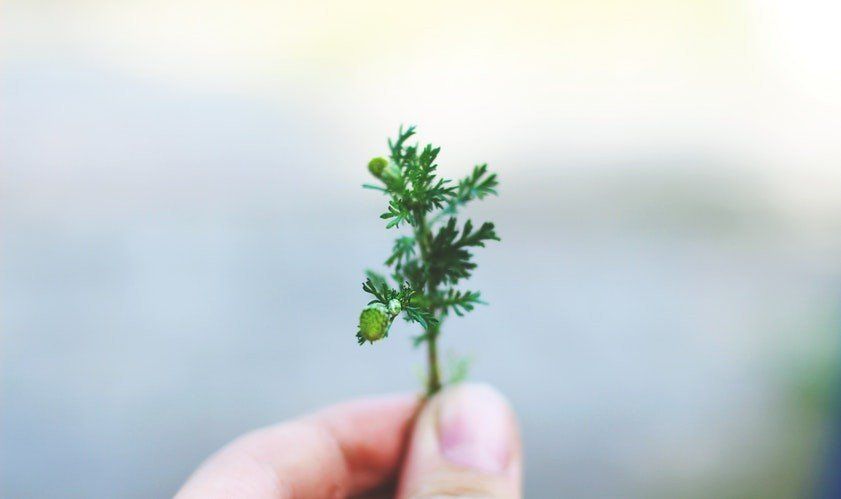
Read more here: https://www.wen.org.uk/environmenstrual-week-of-action/

